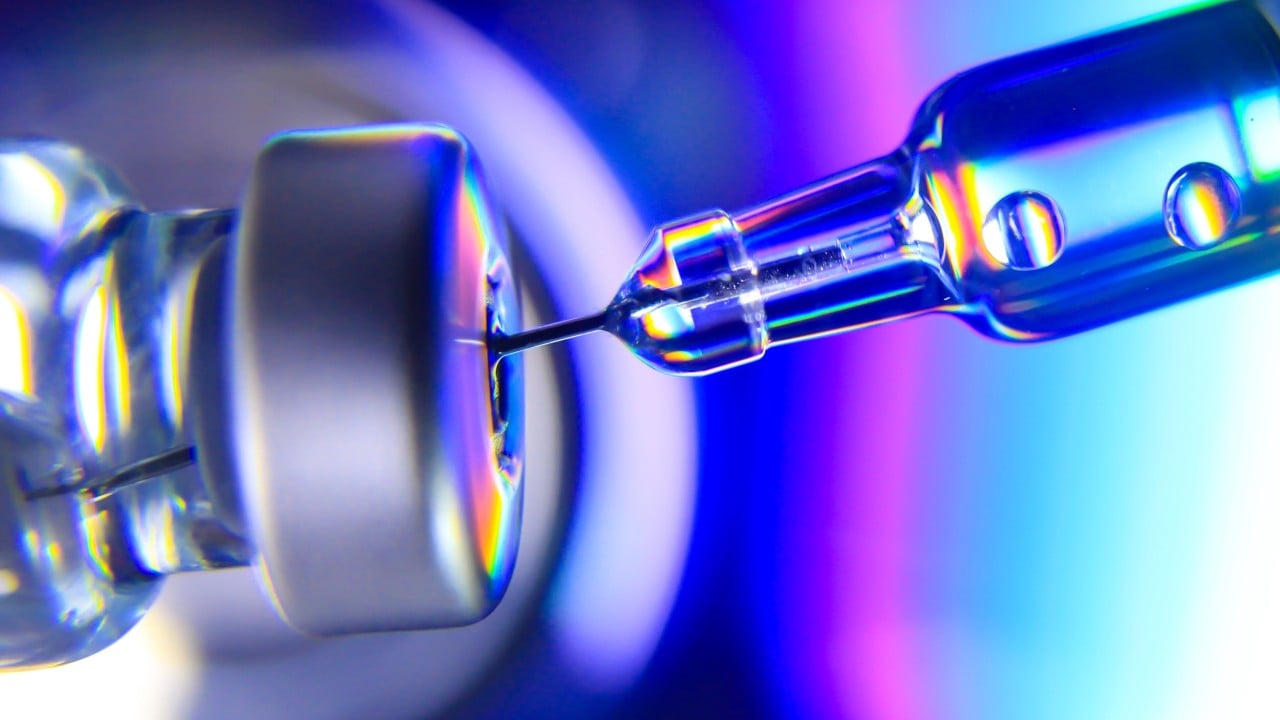Chinese scientists have developed a nanovaccine from tumour cell membranes that they say has shown promise in treating an aggressive form of breast cancer in mice.
Advertisement
The nanovaccine is designed to boost the immune response of B cells – an abundant white blood cell found in tumours – which is known to have anti-tumour effects through multiple mechanisms.
“Inoculation with tumour cell membrane-derived vaccines is a promising strategy to activate B cells, yet their efficiency is limited due to lack of co-stimulatory molecules,” the researchers wrote in a paper published in peer-reviewed journal Advanced Materials last month.
To overcome this challenge, the team from the Shanghai Institute of Materia Medica, Chinese Academy of Sciences designed a tumour cell membrane-derived vaccine that also has components to stimulate an immune response.
When tested on mice with triple-negative breast cancer – an invasive form that cannot be treated with hormone therapy – the nanovaccine achieved a tumour inhibition rate of 89.3 per cent, according to the paper.
Advertisement
Nanovaccines derived from cell membranes are an emerging type of vaccine. They are made from naturally derived tumour cell membranes that are extracted and made into nanoparticles while retaining antigens that can be used to trigger an immune response.
This can allow for more personalised, effective and targeted cancer vaccines. They can even be extracted from a patient’s own tumour cells, though challenges remain – including the potential for adverse side effects.

